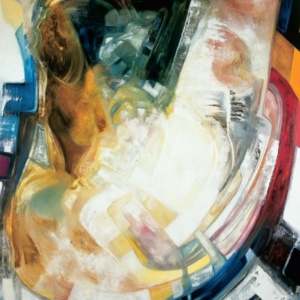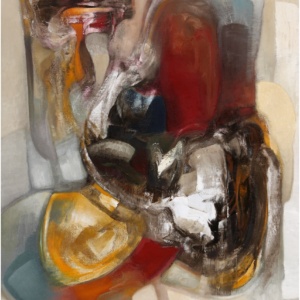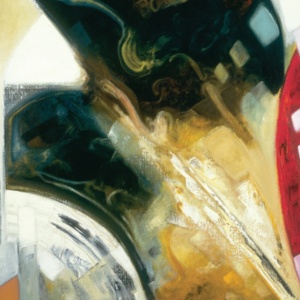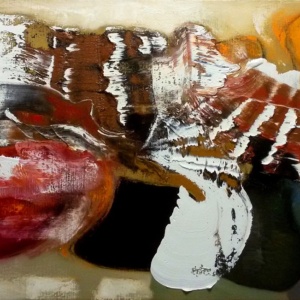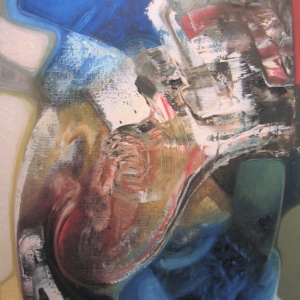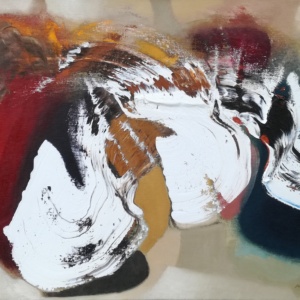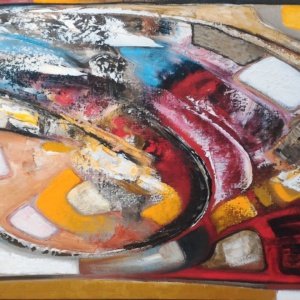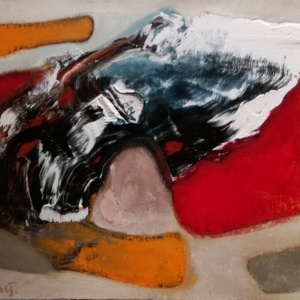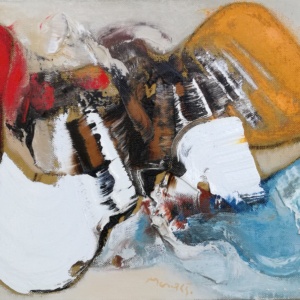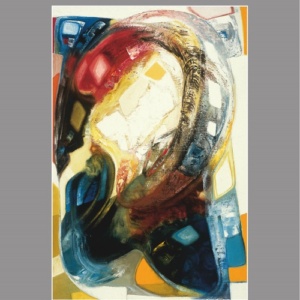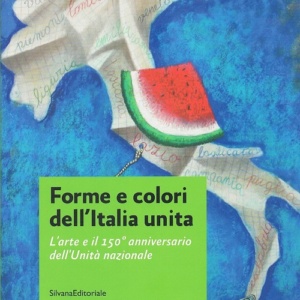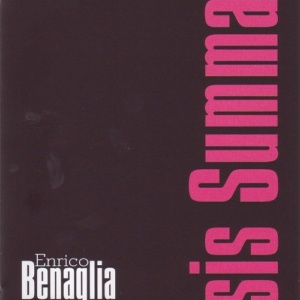Piero Mascetti
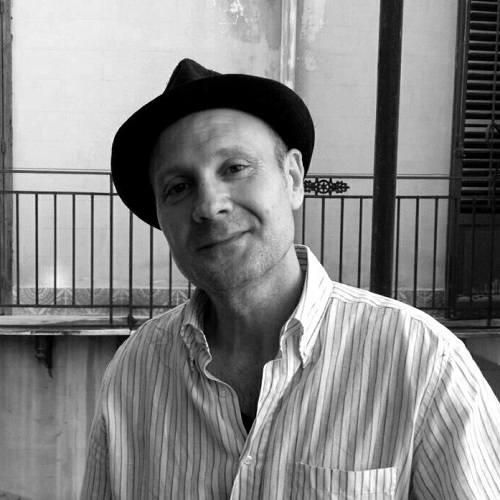
Piero Mascetti was born in Rome in 1963. Attracted to art and creative expression from childhood, he began as a largely self-taught artist, learning the techniques of painting and drawing during his apprenticeship with an experienced art restorer. Learning traditional painting techniques, coupled with his curiosity and his in-depth knowledge of Roman Baroque art has much influenced his artistic personality and style. The outskirts of the Rome where he was born and raised has provided him with a repertoire of urban landscapes that make up the main subject matter of his paintings: these outer reaches the city, the inhabitants and their problems, their lives on the streets and their houses that have sprung up haphazardly, as if built upon their suffering and poverty. His steadfast search for an artistic language that blends age-old oil painting techniques with a contemporary artistic expression, defines his entire creative process.
PAINTINGS
CATALOGUES
VIDEO
Piero Mascetti | Magazzini Einstein
Live performance | Fondazione Villa Audi di Beirut
Piero Mascetti | Corpi da strada | 2005
ARTISTS
Piero Mascetti was born in Rome in 1963. Attracted to art and creative expression from childhood, he began as a largely self-taught artist, learning the techniques of painting and drawing during his apprenticeship with an experienced art restorer. Learning traditional painting techniques, coupled with his curiosity and his in-depth knowledge of Roman Baroque art has much influenced his artistic personality and style. The outskirts of the Rome where he was born and raised has provided him with a repertoire of urban landscapes that make up the main subject matter of his paintings: these outer reaches the city, the inhabitants and their problems, their lives on the streets and their houses that have sprung up haphazardly, as if built upon their suffering and poverty. His steadfast search for an artistic language that blends age-old oil painting techniques with a contemporary artistic expression, defines his entire creative process.
Among his most important exhibitions are his solo shows at the Cerveteri Municipal Palace (1997), the Palazzo Ducale dei Rospigliosi in Zagarolo (1999), the Cloister of San Cosimato and the Sala Santa Rita in Rome (2000), Palazzo Morpurgo in Trieste (2001), the Senate Palace in Milan (2005) and the Museum of Contemporary Art of the Academy of Egypt in Rome (2011). In 2002 his work was exhibited at the airports of Turin-Caselle and Eleftherios Venizelos in Athens as part of the Alitalia for Art project, while in 2003 he participated in the Naples preview of 14th Rome Quadrennial. His artwork has been shortlisted for important national prizes, among which the 31st, 36th and 40th Sulmona Prize, the 3rd Ferruccio Ferrazzi Prize in Sabaudia, the 1st Corrado Cagli Prize in Ancona, the 17th Campomarino Award and at the Chamber of Deputies of the Italian Parliament Award for the 150th Anniversary of the Unity of Italy in 2011. He was also awarded the 28th City of Rome Prize (2002) and the European Personality Award for painting (2008). As part of the Magazzini Einstein project, he participated in the documentary The Making of – Artists at Work, produced by RAI – the Italian public broadcasting company – and seen on the Rai Uno and Rai Tre channels in 2007. This led to a solo exhibition at the cultural centre for contemporary art Il Mitreo, in Rome, in 2013.
Among his most significant experiences abroad are his participation as the only Italian representative in the 1st Luxor International Painting Symposium in Egypt in 2008, and his exhibition at the international group show In Memory of the Shoah, held at Old Jaffa, Ramat Gan, and Beit Ha’Ir Museums in Tel Aviv in 2010. Along with other Italian artists, he was invited to Hangzhou in 2011 as part of the Following Marco Polo’s Trail project, a cultural exchange between Italy and China which resulted in two group exhibitions, one at the Hen Lu Gallery in Hangzhou and the other at the Bevilacqua La Masa Foundation in Venice. In 2013, he returned to the Beit Ha’Ir Museum in Tel Aviv for the exhibition Libro d’arte e d’artista (Book of Art and Artist). In 2014, the Italian Cultural Institute in Beirut organized the solo show Mediterranean Messis, which was held at the Audi Foundation Museum.
Among the many critics and art historians who have commented on his work are Marco Tonelli, Carlo Fabrizio Carli, Claudio Strinati, Gino Agnese, Riccardo Notte, Salvatore Italia, Renato Civello, Elio Mercuri, Gabriele Simongini, Andrea Romoli Barberini, Giuseppe Di Stefano, Maria Paola Orlandini, Vittorio Esposito, Massimo Duranti, Massimo Rossi Ruben and Raffaele Cavaliere. His work can be found in important private and public collections in Italy and abroad.



